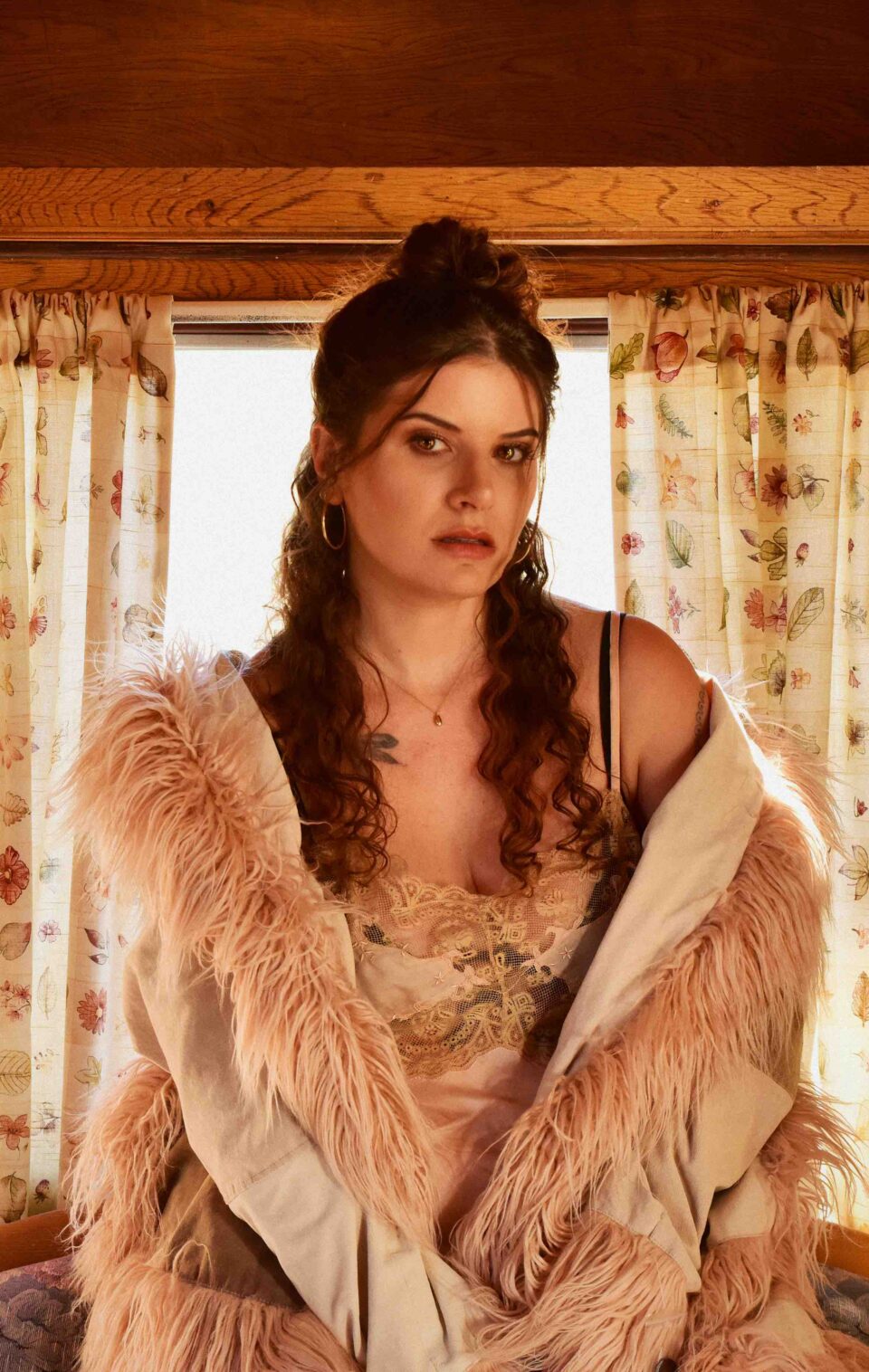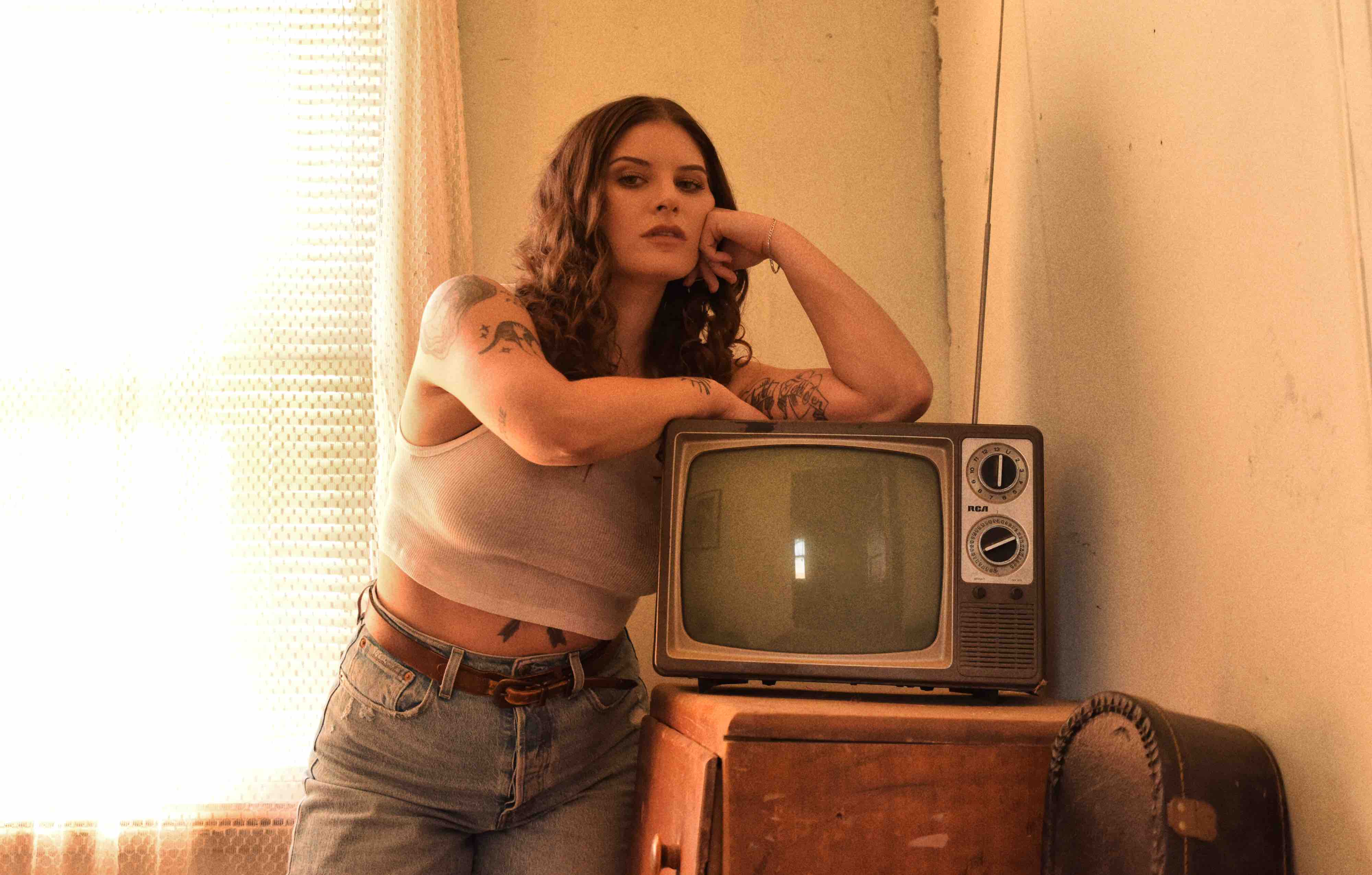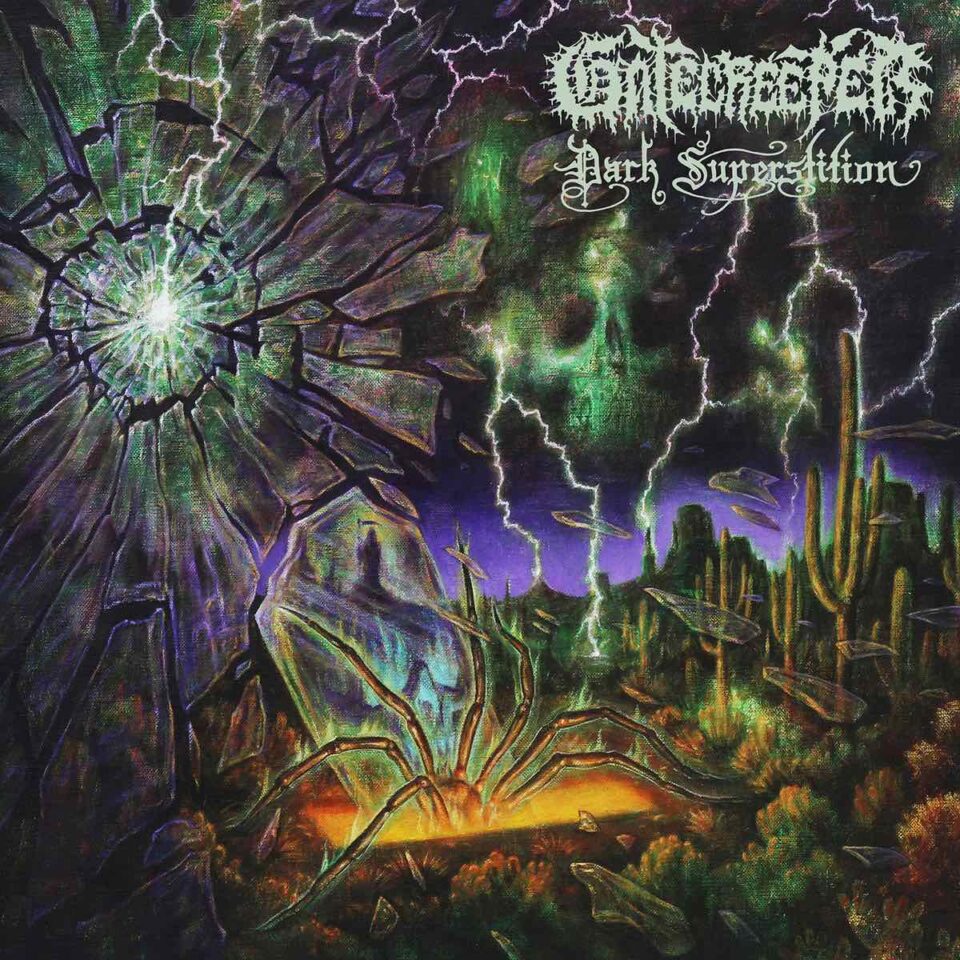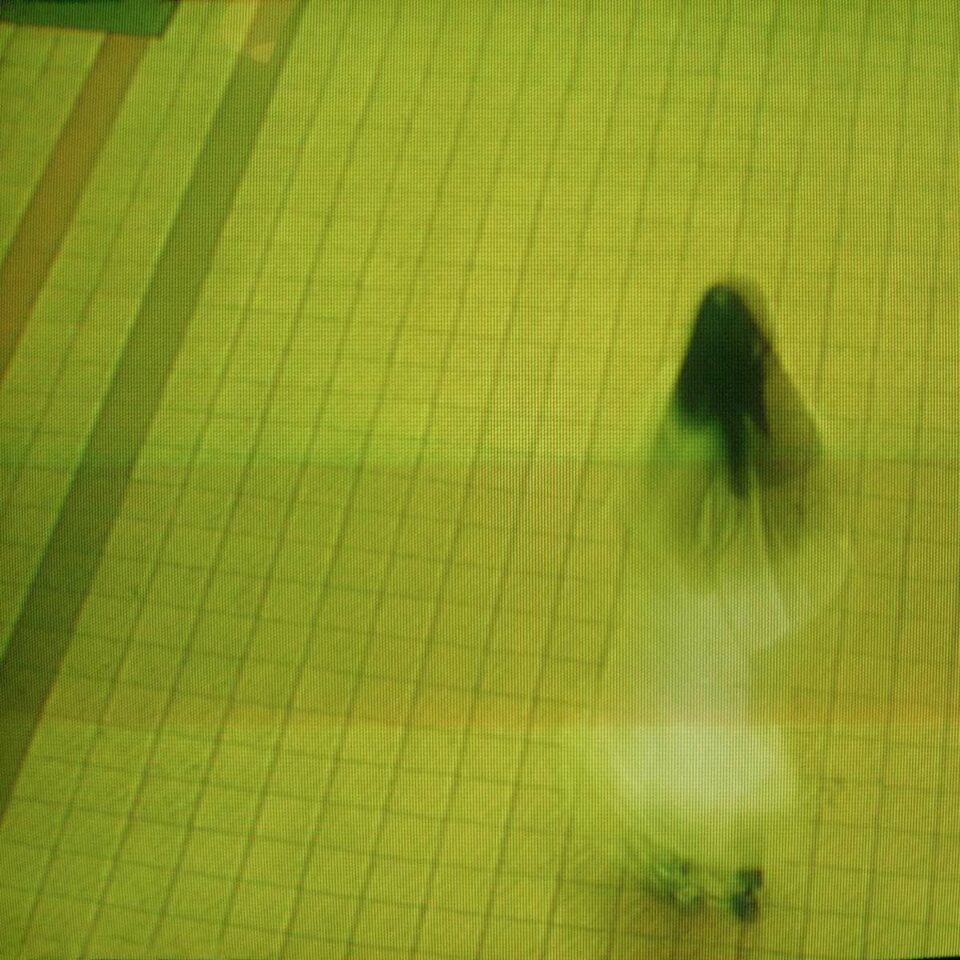Bethany Cosentino just wants you to be happy. “It’s the kinda music where I want people to have, like, a white wine spritzer on the lawn, just hanging out with their friends,” the Best Coast vocalist says of her debut solo album Natural Disaster. Her self-deprecating humor—“mom rock” is a label she’s floated for the new record—belies the fact that this is the most purposeful and emotionally rich music we’ve heard from the Californian songwriter. “Obviously I want people to like the art that I make; I want it to resonate with people,” she clarifies. “But at the end of the day, if I truly attach to my core and I’m like, ‘What do I really want?,’ it’s just to make people feel seen, to make people feel hopeful; to give people something they can put on in the morning that helps them through their day, gets them out of bed, that they can sing along to in their car.”
Despite modest ambitions, Cosentino throws every part of herself into the 12 songs that comprise Natural Disaster, which was announced alongside the news that she and Best Coast bandmate Bobb Bruno would be hitting pause on the band they started in 2009. “I was very conscious of what I wanted to say in Best Coast, particularly because someone else’s name was tied to it,” she explains. “I think ‘Bethany from Best Coast’ was more of a walled person. I would take the wall down this much”—she moves her hand from the top of her head down to her chin—“and be like, ‘Here’s some of my life, here’s some vulnerability, but you only get this much.’”
After the duo released their debut album Crazy For You in 2010, Cosentino quickly became a kind of icon: the face of West Coast slacker culture, the personification of taking it easy. She became, as she puts it, “Bethany from Best Coast.” Every write-up of her band fixated on the same three things—California, cats, weed—and Cosentino embraced these selling points because, well, they weren’t really selling points to her; it was her life. But after four studio albums, four EPs, and a pandemic that prematurely ended the band’s Always Tomorrow tour, she began formulating a plan to leave behind the person with whom she no longer identified and start not exactly from scratch, but from a place devoid of judgment and preconception.
“At the end of the day, if I truly attach to my core and I’m like, ‘What do I really want?,’ it’s just to make people feel seen, to make people feel hopeful.”
“I cracked myself open in a way where I’m willing to talk about everything,” she effuses about the Natural Disaster writing process. “I’m willing to write a fucking love song at the piano! And I’m ready to talk about wanting to be a parent, talk about my relationship with my inner child, talk about the world burning down, write a song about road-tripping with fucking angels! I wasn’t thinking, ‘Does this fit within the landscape of what I’m known for?’ Because I’m not known for anything in this way yet. There was no rulebook.”
Accordingly, Natural Disaster takes us away from the literal landscape she’s known for: California, Best Coast’s dependable third member, the cornerstone of the band’s aesthetic. “Thinking a lot / About how it’s all gonna disappear / Still staring in my rearview mirror / Seeing all the leaves are brown / And I really gotta leave this town,” she sings despondently but resolutely on “A Single Day” as she follows her own advice to get out of dodge, allowing the song’s shimmering lap steel to guide her all the way to Music City, USA.

“I cracked myself open in a way where I’m willing to talk about everything. I’m willing to write a fucking love song at the piano!”
Recording in Nashville, Cosentino worked with venerable producer Butch Walker in his converted horse stable studio. “I did the whole South experience: I got a truck, I drove down dirt roads, I waved to cows,” she recalls. “It was so amazing to get on an airplane by myself with a fucking acoustic guitar gig bag on my back—you know, the singer/songwriter trope—and fly to this place totally autonomous of everything I’ve ever done, by myself, as Bethany.”
Nashville’s ubiquitous country music, and the cheerful, restful glee Cosentino found while in the city, permeates the album: these are songs you can imagine projected from the intimate, beer-stained stage of the Bluebird Café or originating serendipitously from the flatbed of a pickup parked somewhere scenic a little ways outside town. The wall of hazy reverb that defined Best Coast’s lo-fi surf-pop sound is replaced with subtle shading—misty watercolors swapped for russet earthy tones. There are murmurs of lap steel and crisp, bluesy licks from Walker’s telecaster; multi-part, almost gospel-like backing vocals; and a clean, high-definition production style that keeps every component balanced and in focus.
In the center, of course, is Consentino, whose vocals move away from the speak-sing style she employed on Best Coast records and instead showcase her competency not only as a singer, but also as a formidable solo artist whose reverence for American country music royalty—Bonnie Raitt, Sheryl Crow, Emmylou Harris, and Linda Ronstadt are namechecked during our interview—makes so much sense that it’s almost surprising she hasn’t joined their ranks sooner. After all, Natural Disaster sounds, looks, and feels like an American record, with sun-drenched highways, neon signs, and wide-open skies in liberal supply. But Cosentino also subverts that iconography. On “Calling on Angels,” for example, she sings, “Think I’ll go out for a drive / Roll down the windows to let in the sun / But the mood feels overdone.” Similarly, “Easy” finds her parked up, gazing at the stars, but lamenting, “They don’t shine a lot no more.”
“I wasn’t thinking, ‘Does this fit within the landscape of what I’m known for?’ Because I’m not known for anything in this way yet. There was no rulebook.”
Speaking to these lightly anti-Americana sentiments, she explains, “The last few years of living on planet Earth—but particularly in America—have been a series of waking up to a different disaster, whether it be a natural disaster, a political disaster, an attack on human rights, an attack on gender, on race. This record was my way of dealing with those things without making a ‘fuck America’ record. I feel that way sometimes, but this was my way of navigating living in the America of now. And as corny as it sounds, that was leaning into beauty, leaning into love, the good parts of life—joy, connection.”
Those anchors of hope run parallel to the natural disasters and societal regression, whose presence in the lyrics should not be underestimated (“Climate change was a huge influence for this record,” she says). Ultimately, though, love and connection have the last word. “Let somebody love you, love somebody too,” Cosentino quietly implores herself and everyone listening during the album’s final few seconds. Feathery piano chords carry her voice away, high above the old horse stable, concluding the first chapter of a story starring, for the first time, not Bethany from Best Coast, not even Bethany from California, but Bethany Cosentino. Where she’s from is no longer relevant; the exciting part is how far she can go. FL









